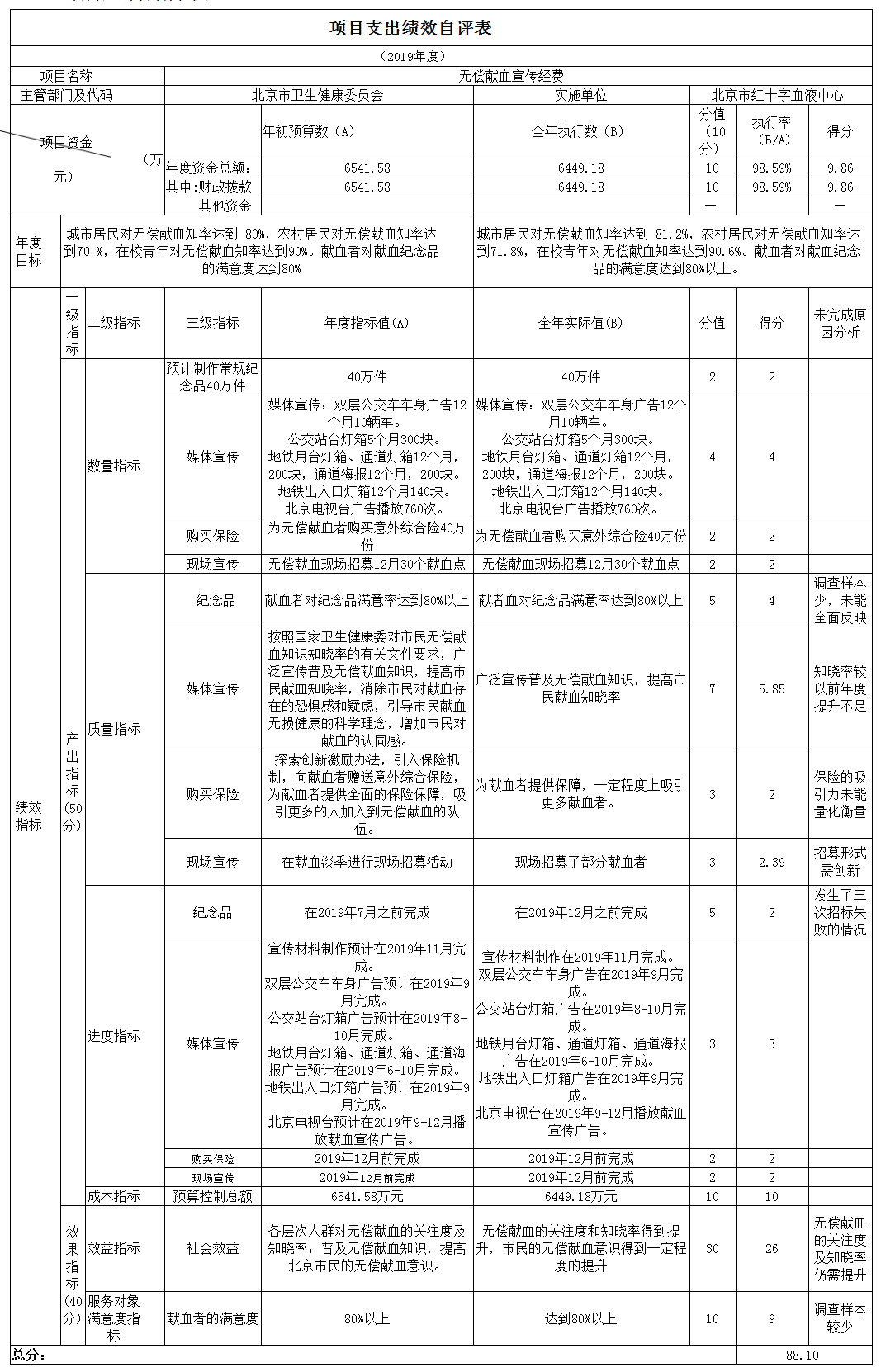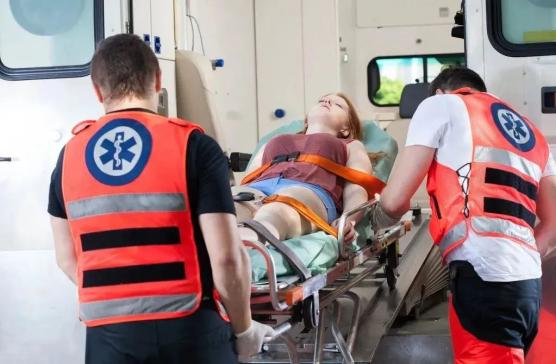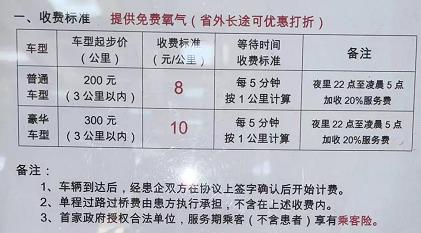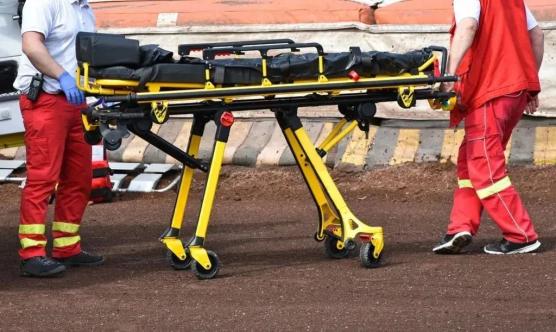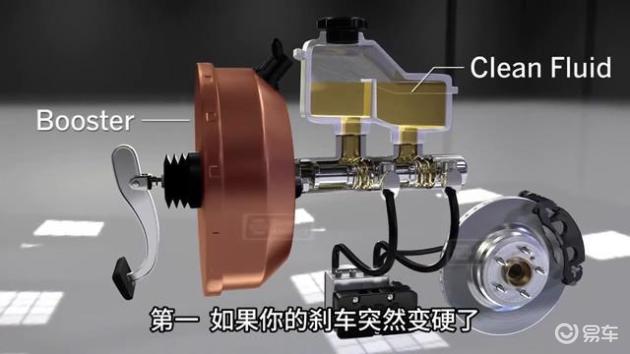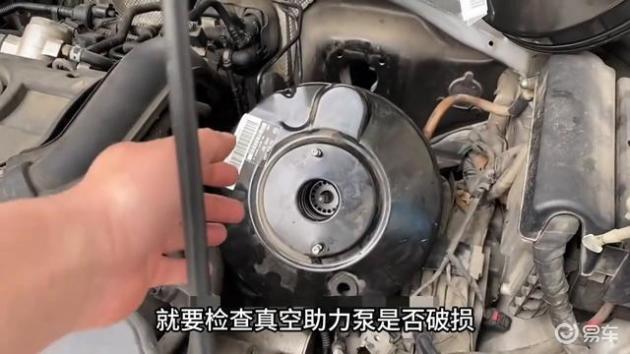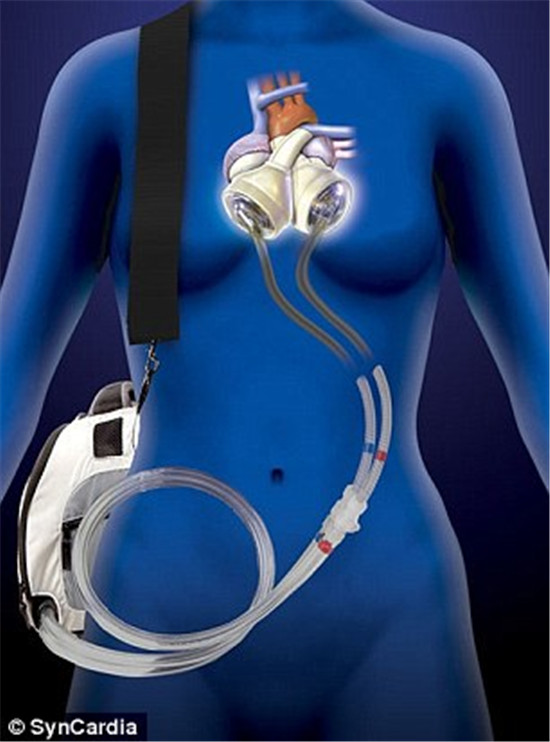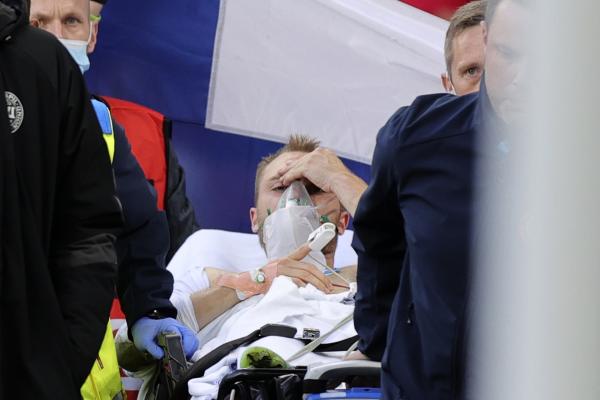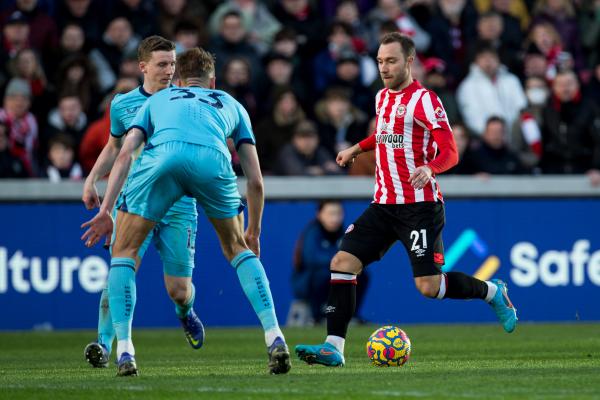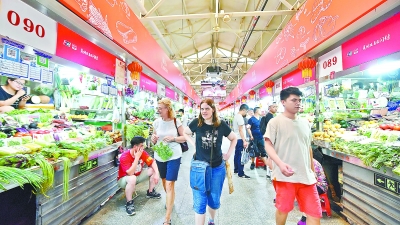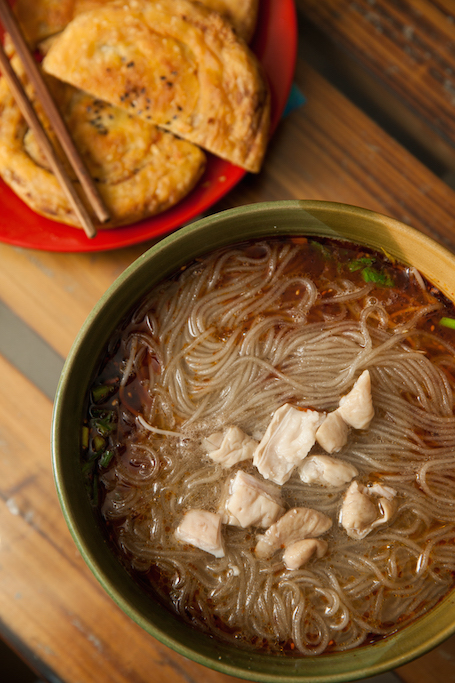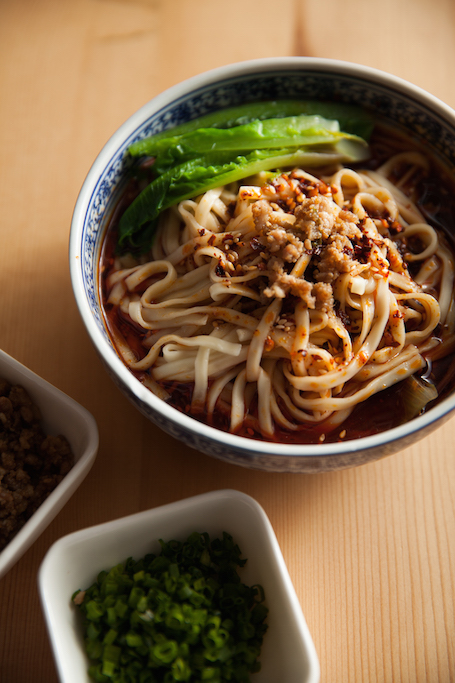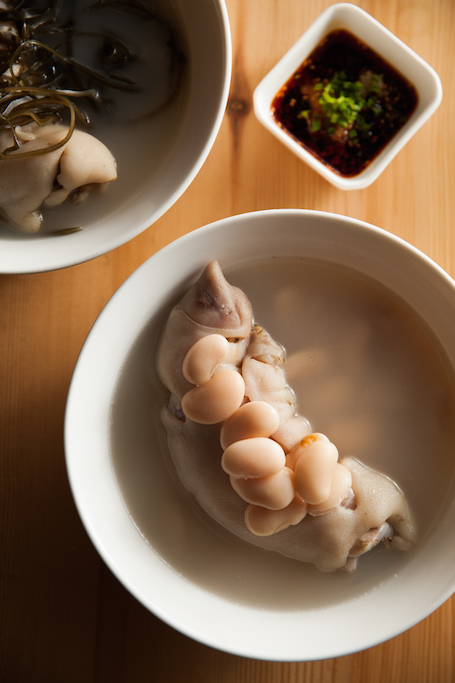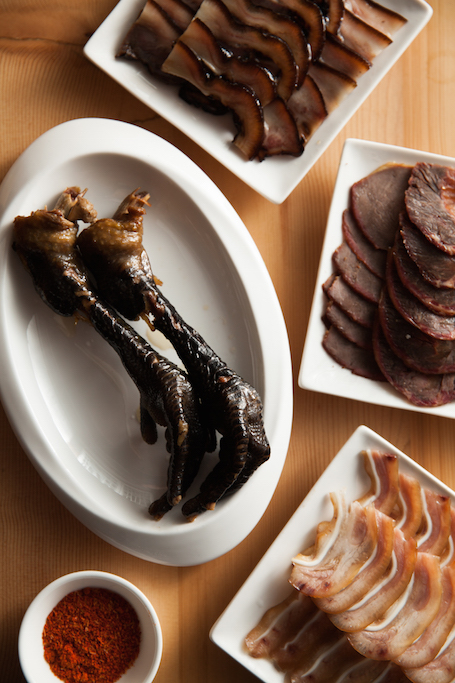Catalogue
The first part of the 2019 annual departmental final accounts report
I. Summary of final accounts of income and expenditure
Second, the income statement
Iii. Final Statement of Expenditure
IV. Summary of Final Accounts of Financial Appropriation Income and Expenditure
V. Final Statement of General Public Budget Financial Allocation Expenditure
VI. Final Statement of Basic Expenditure of General Public Budget Financial Allocation
Seven, the government fund budget financial allocation income and expenditure statement.
Eight, the government fund budget financial allocation of basic expenditure statement
Nine, the financial allocation "three public" expenditure statement
X. Table of Government Procurement
XI. Table of Government Expenditure on Purchasing Services
The second part of the 2019 annual departmental accounts
Part III Information on Other Important Matters in 2019
The fourth part is the performance evaluation of departments in 2019
The first part of the 2019 annual departmental final accounts report
See the attachment for the report.
The second part of the 2019 annual departmental accounts
I. Basic information of the department
(1) Main functions
The Beijing Municipal Health and Wellness Commission (hereinafter referred to as the Municipal Health and Wellness Commission) is an integral part of the municipal government responsible for the health and wellness work in this Municipality. Main responsibilities include:
1. Responsible for drafting health-related local regulations and government regulations. Plan and coordinate the allocation of health service resources in Beijing as a whole, and formulate and organize the implementation of regional health development plans. Coordinate and promote health information and statistics.
2 responsible for organizing and coordinating the reform of medical and health system, studying and formulating the planning, policies, implementation plans and related supporting measures for the reform of medical and health system. Formulate and organize the implementation of policies and measures to promote the diversification of health service providers and ways of providing health services. To study and put forward policy suggestions on medical services and drug prices.
3. Responsible for disease prevention and control. Formulate disease prevention and control plans, immunization plans and intervention measures for public health problems that seriously endanger residents’ health, and organize their implementation. Responsible for the construction and management of the city’s health emergency system. Formulate health emergency and emergency medical rescue plans, public health emergency monitoring and risk assessment plans, organize and guide the prevention and control of public health emergencies and medical and health rescue of various public emergencies.
4. Organize and coordinate the implementation of national and municipal policies and measures to deal with population aging, and be responsible for organizing and promoting the construction of health service system for the elderly and the combination of medical care and nursing.
5 responsible for the implementation of the national drug policy and the national essential drug system in this Municipality, organize the implementation of the national essential drug list, and carry out drug use monitoring, clinical comprehensive evaluation and early warning of drug shortage in this Municipality. Organize food safety risk monitoring and evaluation in this city.
6. Be responsible for the supervision and management of public health such as occupational health, radiation health, environmental health, school health, public place health, drinking water health, etc. within the scope of responsibilities of this Municipality, be responsible for the supervision of infectious disease prevention and control in this Municipality, and improve the comprehensive health supervision system.
7 responsible for the supervision and management of the medical and health industry in this Municipality. To organize the formulation of norms and standards for medical institutions and their medical treatment, rehabilitation, nursing services and medical technology, medical quality, medical safety and management of blood collection and supply institutions, and supervise their implementation. To organize the formulation of medical and health professional ethics standards and regulations on the practice management of medical personnel. Establish a service evaluation and supervision system for medical treatment, rehabilitation, nursing and public health. To undertake the relevant management work of encouraging social forces to provide medical and health services. Building a harmonious relationship between doctors and patients.
8 responsible for the city’s family planning management and service work. Organize the monitoring of the birth population dynamics in this city, and put forward suggestions on releasing the information of population monitoring, early warning and forecasting in this city. Organize the implementation of the city’s family planning policy.
9. Responsible for formulating and organizing the implementation of policies and measures for grassroots health, maternal and child health, elderly health and mental health in this Municipality, and guiding the construction of grassroots health, maternal and child health, elderly health and mental health system in this Municipality. We will promote the equalization of basic public health and health services for the elderly, and improve the new mechanism for grass-roots operation and the management system for rural doctors and general practitioners. Organize patriotic health campaigns and health promotion actions. Participate in promoting the innovation and development of health science and technology.
10. Be responsible for the health care work of the health care objects of this Municipality and the health care objects of the central units with medical relations in this Municipality. Responsible for the management of medical care for cadres in various departments of the city and district. Participate in the organization and implementation of medical and health security tasks for major events held in this city.
11. Manage the Beijing Administration of Traditional Chinese Medicine, manage the Beijing Association of Aging, and manage the Beijing Hospital Management Center.
12. Complete other tasks assigned by the municipal party committee and municipal government.
(II) Institutional situation
There are 28 departments, namely: Office, Development Planning Department (Capital Medical and Health Coordination Department), Policy and Regulation Department, System Reform Department, Disease Prevention and Control Department (Public Health Management Department), Medical Administration Department (Social Medical Service Department), Patriotic Health Campaign Promotion Department (Health Promotion Department), Grassroots Health Department, Health Emergency Office (Emergency Command Center for Public Health Emergencies), Science and Technology Education Department and Comprehensive Supervision Department. Health Department for Aging, Maternal and Child Health Department, Occupational Health Department, Population Monitoring and Family Development Department, Public Rights Protection Department, International Cooperation Department (Hong Kong, Macao and Taiwan Office), Health Care Department (Beijing Municipal Health Commission Office), Poverty Alleviation Cooperation and Support Department, Information Statistics Department, Finance Department (Audit Department), Cadre and Personnel Department (Talent Department), Party Committee (Party-Mass Work Department) and Discipline Inspection Commission (Inspection Office).
The 42 budget units are: Beijing Municipal Health and Wellness Commission, Beijing Municipal Health and Wellness Commission Retired Cadre Service Center, Beijing Family Planning Service Guidance Center, Beijing Family Planning Association, Beijing Institute of Hepatology, Beijing Rural Water Improvement Leading Office, Beijing patriotic health campaign committee Office, Beijing Health and Wellness Supervision Office, Beijing Diabetes Research Institute, Beijing Health and Wellness Commission Publicity Center, Beijing Maternal and Child Health Hospital, Beijing Health Vocational College, Beijing Health and Wellness Commission Accounting Service Center, Beijing Health and Wellness Commission Information Center, Beijing Community Health Service Management Center, Capital Institute of Pediatrics, Beijing Institute of Otolaryngology, Beijing Institute of Ophthalmology, Beijing Institute of Tuberculosis and Chest Tumor, Beijing Institute of Cardiopulmonary Vascular Diseases, Beijing Institute of Traditional Chinese Medicine, Beijing Institute of Pediatrics, Beijing Institute of Traumatology, Beijing Institute of Clinical Medicine, Beijing Research Center of Preventive Medicine, Beijing Institute of Cancer Prevention and Treatment, Beijing Institute of Traditional Chinese Medicine.Service Center, Beijing Institute of Tropical Medicine, Beijing Geriatric Medical Research Center, Beijing Institute of Respiratory Diseases, Beijing Emergency Center, Beijing Center for Disease Control and Prevention, Beijing Institute of Tuberculosis Control, Beijing Red Cross Blood Center, Beijing Branch of Chinese Medical Association, Beijing Physical Examination Center, Beijing Municipal Health and Wellness Commission Talent Exchange Service Center, Party School of Beijing Municipal Health and Wellness Commission, Beijing Mental Health Care Institute, Beijing Aging Association, and Beijing Municipal Health and Wellness Commission Administrative Examination and Approval Service Center.
(II) Personnel composition
The administrative establishment of this department is 344, and the actual number is 342; There are 5,120 employees, and there are 4,027 employees.
Second, the overall situation of income and expenditure accounts
In 2019, the total revenue and expenditure was 7,971,314,200 yuan, an increase of 1,495,034,100 yuan or 23.08% over the previous year.
(a) the income statement
In 2019, the total revenue this year was 6,912,643,800 yuan, an increase of 1,014,604,900 yuan over the previous year, with an increase of 17.20%, of which: the revenue from financial allocation was 4,518,216,900 yuan, accounting for 65.36% of the total revenue; Superior subsidy income is 0 million yuan; Business income is 2,100,811,500 yuan, accounting for 30.39% of the total income; Operating income is 4,861,600 yuan, accounting for 0.07% of the total income; The income paid by the affiliated unit is RMB 0,000; Other income was 288,753,800 yuan, accounting for 4.18% of the total income.
(2) Description of final accounts of expenditures
In 2019, the total expenditure this year was 6,344,633,900 yuan, an increase of 814,396,500 yuan or 14.73% over the previous year, of which: the basic expenditure was 3,754,880,900 yuan, accounting for 59.18% of the total expenditure; The project expenditure is 2,585,535,200 yuan, accounting for 40.75% of the total expenditure; Paid to the superior expenditure of 0 million yuan; Operating expenditure was 4,217,800 yuan, accounting for 0.06% of the total expenditure; Subsidy expenditure for affiliated units is 0,000 yuan.
Three, the financial allocation of income and expenditure accounts of the overall situation
In 2019, the total revenue and expenditure of financial allocation was 4,804,481,100 yuan, an increase of 544,878,100 yuan or 12.79% over the previous year.
Four, the general public budget expenditure accounts.
(a) the overall situation of the general public budget expenditure accounts
In 2019, the financial allocation expenditure of the general public budget was 3,848,889,600 yuan, which was mainly used in the following aspects (according to major categories): the education expenditure was 478,239,700 yuan, accounting for 12.43% of the financial allocation expenditure this year; The expenditure on science and technology is 1,027,268,400 yuan, accounting for 26.69% of this year’s financial allocation; The expenditure on culture, tourism, sports and media is 1,284,200 yuan, accounting for 0.03% of this year’s financial allocation; Expenditure on social security and employment was 37,315,400 yuan, accounting for 0.97% of this year’s financial allocation expenditure; Health expenditure was 2,304,781,900 yuan, accounting for 59.88% of this year’s financial allocation.
(two) the specific situation of the final accounts of the general public budget.
1. The final account of "education expenditure" in 2019 was 478,239,700 yuan, a decrease of 278,124,000 yuan or 36.77% compared with the budget at the beginning of 2019.
Among them:
The final account of "General Education" in 2019 was 130,631,500 yuan, a decrease of 283,093,800 yuan or 68.43% compared with the budget at the beginning of 2019. The main reason: the construction project of the new campus of Health Vocational College is a continuous project, which was not completed in the current year and was carried forward to the next year for further implementation.
The final account of "Vocational Education" in 2019 was 250,022,700 yuan, an increase of 14,741,100 yuan or 6.27% compared with the budget at the beginning of 2019. The main reason: The main reason: according to the development of the work, increase the special funds for the construction of characteristic majors.
The final account of "Further Education and Training" in 2019 was 97,585,500 yuan, a decrease of 9,771,300 yuan or 9.10% compared with the budget at the beginning of 2019. The main reasons are: implementing the work requirements of the municipal party Committee and municipal government, and reducing general expenditures such as training.
2. The final account of "science and technology expenditure" in 2019 was 1,027,268,400 yuan, an increase of 23,297,600 yuan or 2.32% compared with the budget at the beginning of 2019.
Among them:
The final account of "Applied Research" in 2019 was 850,354,100 yuan, an increase of 27,113,300 yuan or 3.29% compared with the budget at the beginning of 2019. The main reason: during the budget implementation, the funds for the pilot project of public welfare development and reform in Beijing municipal medical research institutes were increased.
The final account of "Science and Technology Conditions and Services" in 2019 was 3,251,800 yuan, a decrease of 1,327,400 yuan or 28.99% compared with the budget at the beginning of 2019. The main reason: the project was not spent in the current year, and it was carried forward to the next year for continued use.
The final account of "other scientific and technological expenditures" in 2019 was 173,662,500 yuan, a decrease of 2,488,300 yuan or 1.41% compared with the budget at the beginning of 2019. The main reason: according to the relevant regulations of scientific research project management, funds can be used across years, and some scientific research projects are not spent in the current year according to the project progress, and are carried forward to the next year to continue implementation.
3. The final account of "cultural tourism, sports and media expenditure" in 2019 was 1,284,200 yuan, a decrease of 13,200 yuan or 1.02% compared with the budget at the beginning of 2019. Among them:
The final accounts of "cultural relics" in 2019 were 1,284,200 yuan, a decrease of 13,200 yuan or 1.02% compared with the budget at the beginning of 2019. The main reason: the net balance generated after the completion of the cultural relics repair project of the Party School of the Municipal Health and Wellness Committee.
4. The final account of "Social Security and Employment Expenditure" in 2019 was 37,315,400 yuan, a decrease of 134,000 yuan or 0.36% compared with the budget at the beginning of 2019. Among them:
The final account of "Retirement of administrative institutions" in 2019 was 37,315,400 yuan, a decrease of 134,000 yuan or 0.36% compared with the budget at the beginning of 2019. The main reason: some retired workers died in the middle of the year, resulting in a certain balance of retirement funds.
5. The final account of "health expenditure" in 2019 was 2,304,781,900 yuan, an increase of 149,832,100 yuan or 6.95% compared with the budget at the beginning of 2019.
Among them:
The final account of "Health Management Affairs" in 2019 was 415,602,300 yuan, a decrease of 28,432,900 yuan or 6.40% compared with the budget at the beginning of 2019. The main reason: according to the work requirements of the municipal party Committee and municipal government, the general expenses such as office expenses of organs and subordinate units under this subject were reduced.
The final accounts of "public hospitals" in 2019 were 389,172,000 yuan, an increase of 136,872,500 yuan or 54.25% over the budget at the beginning of 2019. The main reasons are: in the middle of the year, the central government subsidized the capacity building of local medical and health institutions, the central government subsidized the construction of regional medical centers and the relocation of Beijing Center for Disease Control and Prevention.
The final account of "Public Health" in 2019 was 1,391,937,900 yuan, an increase of 42,373,800 yuan or 3.14% over the budget at the beginning of 2019. The main reasons are: in the middle of the year, the prevention and control capacity building project of emergency center was added, the pre-hospital emergency service project of 999 was purchased, and the vehicle-mounted system of 120 system of Beijing Emergency Center was purchased.
The final account of "Family Planning Affairs" in 2019 was 74,509,100 yuan, an increase of 132,100 yuan or 0.18% over the budget at the beginning of 2019. The main reason: according to the actual work in the middle of the year, the difference between the funds of the warm heart plan was added.
The final account of "Health Affairs for the Aged" in 2019 was RMB30,284,200, an increase of RMB81,000 or 0.27% over the budget at the beginning of 2019. The main reason: basic funds such as social security contributions for new employees were added in the middle of the year.
The final account of "other health expenditure" in 2019 was 3.2764 million yuan, a decrease of 1.1944 million yuan or 26.72% compared with the budget at the beginning of 2019. The main reason: according to the work requirements of the municipal party Committee and municipal government, the general expenses such as office expenses of organs and subordinate units under this subject were reduced.
Five, the government fund budget expenditure accounts.
There is no such expenditure this year.
Six, the financial allocation of basic expenditure accounts.
In 2019, the department allocated 1,597,592,600 yuan in general public budget and 0,000 yuan in government funds, including: (1) salary and welfare expenses including basic salary, allowances, bonuses, food subsidies, performance pay, other social security contributions and other salaries and benefits; (2) Expenditure on goods and services includes office expenses, printing fees, consulting fees, handling fees, water fees, electricity fees, post and telecommunications fees, heating fees, property management fees, travel expenses, expenses for going abroad (abroad) on business, maintenance (protection) fees, rental fees, conference fees, training fees, official reception fees, special materials fees, labor fees, entrusted business fees, trade union funds, and so on. (3) Subsidies for individuals and families include retirement expenses, retirement expenses, pensions, living allowances, relief expenses, medical expenses subsidies, grants, bonuses and other subsidies for individuals and families. (4) Other capital expenditures include the purchase of office equipment and special equipment.
Part III Information on Other Important Matters in 2019
First, the "three public funds" financial allocation final accounts
The "three public" funds include two administrative units, two institutions that refer to the civil service law and 20 institutions. In 2019, the final accounts of the "three public" funds were 4,553,600 yuan, a decrease of 1,739,800 yuan compared with the budget of 6,293,300 yuan at the beginning of 2019. Among them:
1. Expenses for going abroad on business. The final accounts in 2019 were 2,350,500 yuan, a decrease of 153,400 yuan compared with the budget of 2,503,900 yuan at the beginning of 2019. The main reasons are: compressing and integrating overseas delegations and training days, improving the efficiency of visiting and reducing the funds for going abroad; In 2019, the expenses for going abroad on business were mainly used for the grass-roots health delegation of Beijing Municipal Health and Wellness Commission, the key exchange project of the Exchange Bureau of the Taiwan Affairs Office of the State Council, the group of Beijing Municipal Health and Wellness Commission going to Guinea, and the group of Beijing Municipal Health and Wellness Commission going to Israel. In 2019, 32 and 74 people went abroad on business, and the per capita expenses for going abroad on business were 31,800 yuan.
2. Official reception fee. The final accounts in 2019 were 47,200 yuan, a decrease of 198,900 yuan compared with the budget of 246,100 yuan at the beginning of 2019. The main reasons: strictly control the expenditure of the three public funds and reduce the reception scale and expenditure. In 2019, the official reception fee was mainly used for official reception work such as Shaanxi Provincial Government’s investigation in Beijing, Shanghai Health and Health Commission and Medical Insurance Bureau’s investigation in Beijing. There were 88 official receptions and 960 official receptions.
3 official car purchase and operation and maintenance fees. The final accounts in 2019 were 2,155,900 yuan, a decrease of 1,387,400 yuan compared with the budget of 3,543,300 yuan at the beginning of 2019. Among them, the final account of the official car purchase fee in 2019 was 157,800 yuan, a decrease of 180,000 yuan compared with the budget of 337,800 yuan at the beginning of 2019. The main reasons are: practicing economy and reducing the funds of the three public funds. In 2019, one car was purchased, and the average purchase cost of the car was 157,800 yuan. The final account of the official vehicle operation and maintenance fee in 2019 was 1,998,100 yuan, a decrease of 1,207,400 yuan compared with the budget of 3,205,500 yuan at the beginning of 2019. The main reasons are: strict control of the three public funds and reduced expenditures. In 2019, the official vehicle operation and maintenance fee included 457,300 yuan for refueling, 641,900 yuan for maintenance, 420,000 yuan for insurance and 478,900 yuan for other expenses. In 2019, the number of official vehicles was 134, and the average vehicle operation and maintenance cost was 14,900 yuan.
II. Expenditures for the operation of organs
In 2019, the daily public expenditure of the basic expenditure arranged by the administrative units of this department (including the administrative institutions with reference to the Civil Service Law) using the financial allocation from the general public budget totaled 14,673,600 yuan, an increase of 3,216,200 yuan over the previous year. The reason for the increase is that according to the institutional reform plan of the municipal government, the Beijing Association for the Aged newly transferred to our Committee is a participating unit, with one administrative unit added and the daily public expenditure increased.
Iii. Government procurement expenditure
In 2019, the total government procurement expenditure of this department was 619,503,300 yuan, including 314,216,900 yuan for goods, 13,837,400 yuan for projects and 291,449,100 yuan for services. The contract amount awarded to small and medium-sized enterprises was 377,436,000 yuan, accounting for 60.93% of the total government procurement expenditure, of which the contract amount awarded to small and micro enterprises was 101,471,600 yuan, accounting for 16.38% of the total government procurement expenditure.
IV. Occupation of State-owned Assets
In 2019, there were 491 vehicles in this department, with 286,947,100 yuan; There are 206 sets of general equipment with a unit value of more than 500,000 yuan and 502 sets of special equipment with a unit value of more than 1 million yuan.
Five, the state-owned capital operating budget financial allocation revenue and expenditure
There is no such expenditure this year.
VI. Explanation of government expenditure on purchasing services
In 2019, the final account of government procurement services of this department was 116,893,800 yuan.
VII. Interpretation of technical terms
1. "Three Public Funds": refers to the expenses for going abroad (abroad), purchasing and operating official vehicles and official reception arranged by the unit through financial allocation. Among them, the expenses for going abroad on business refer to the international travel expenses, inter-city transportation expenses, accommodation expenses, meals, training fees, public and miscellaneous expenses, etc. The official vehicle purchase and operation expenses refer to the official vehicle purchase expenses (including vehicle purchase tax and license fee) and the official vehicle fuel expenses, maintenance fees, crossing fees, insurance fees, safety incentive fees and other expenses retained by the unit according to regulations; Official reception fee refers to all kinds of official reception (including foreign guests reception) expenses incurred by the unit according to regulations.
2. Operating expenses of organs: refers to the daily public expenditure among the basic expenditures arranged by the administrative units (including the administrative institutions with reference to the Civil Service Law) using the general public budget, including office and printing expenses, post and telecommunications expenses, travel expenses, conference expenses, welfare expenses, daily maintenance expenses, special materials and general equipment purchase expenses, office space utilities, office space heating expenses, office space property management expenses, official vehicle operation and maintenance expenses and other expenses.
3. Government procurement: refers to the behavior of state organs, institutions and organizations at all levels using financial funds to purchase goods, projects and services within the centralized catalogue formulated according to law or above the procurement limit standard.
4. Government procurement of services: refers to the behavior of state organs at all levels to entrust qualified service providers with services that fall within their own responsibilities and are suitable for market-oriented services in accordance with government procurement methods and procedures, and pay them fees according to factors such as service quantity and quality.
5. National immunization program refers to the planned vaccination among the population according to the vaccine varieties, immunization procedures or vaccination programs determined by the state or provinces, autonomous regions and municipalities directly under the Central Government, so as to prevent and control the occurrence and prevalence of specific infectious diseases.
The fourth part is the performance evaluation of departments in 2019
First, the performance evaluation work
In 2020, the Beijing Municipal Commission of Health and Wellness conducted a performance evaluation of departmental project expenditures in 2019, with 99 evaluation projects, accounting for 20.08% of the total departmental projects, involving an amount of 2.048 billion yuan. Among them, there are 93 summary procedure evaluation projects, involving an amount of 1.598 billion yuan; There are 6 ordinary program evaluation projects involving an amount of 450 million yuan. The performance evaluation of voluntary blood donation publicity funds in the general procedure evaluation project is as follows:
Two, blood donation publicity fund project performance evaluation report
(A) the evaluation object profile
Publicity of voluntary blood donation is the key and prerequisite for doing a good job of voluntary blood donation. In order to ensure sufficient and safe blood use for clinical treatment in the capital, according to the relevant provisions of the People’s Republic of China (PRC) Blood Donation Law, the Beijing Blood Donation Management Measures and the Blood Station Management Measures, since 2006, the municipal finance has allocated special funds for the publicity of blood donation without compensation. In order to ensure the clinical medical safety and adequate blood use in the capital in 2019, especially to ensure the safe, sufficient and timely supply of blood in high temperature, cold seasonal ischemia and emergencies, the knowledge and relevant laws and regulations of blood donation were popularized through various forms of blood donation publicity and mobilization activities throughout the city, so as to improve the awareness and participation of different groups of the public in this city in blood donation, and mobilize all sectors of society to actively participate in blood donation work.
(II) Evaluation conclusion
According to the implementation of the project, the performance evaluation working group, after comprehensive evaluation by experts, scored a comprehensive score of 88.10 for the performance evaluation of the project of blood donation publicity funds, and the conclusion of the comprehensive performance evaluation of the project was "good".
(3) Existing problems
First, the project innovation mechanism is insufficient. The project has been implemented for many years since it was established in 2006. However, the publicity methods and means are not innovative enough, and further demonstration and analysis are needed on the publicity forms, planning objectives and realization paths.
Second, the completeness and effectiveness of the project implementation plan are insufficient and need to be further refined. In the project implementation plan, the project organization structure, personnel arrangement and project organization mode are not elaborated, so the completeness and effectiveness are insufficient.
Third, the project performance target setting can be further improved. Some indicators are not detailed, quantitative and measurable; The benefit indicators are qualitative descriptions, lacking quantitative measurable content, so the quantitative description of benefit indicators should be further increased. In addition, the quantitative indicator value of awareness rate is not set for benefit indicators.
(4) Suggestions
First, it is suggested to improve the propaganda method and improve the project innovation mechanism. It is suggested to innovate the project management mechanism and organization and implementation mode according to the requirements of the development of the situation, hire a third party to compare and analyze the publicity effects obtained by different media publicity methods, and take various forms and means to carry out publicity activities according to the publicity objects, publicity contents and publicity forms in combination with the present situation and problems of blood donation sources in Beijing, so as to further improve the publicity methods and enhance the publicity effect. It is suggested that the publicity effect should be effectively corresponding to the response rate of blood donors. On the basis of blood donation publicity and investigation in Beijing, scientific, effective and feasible publicity and implementation plans should be formulated, investment in publicity and creativity should be strengthened, and the role of new media should be utilized and brought into play to improve the number of people who donate blood without compensation and the blood donation rate in Beijing.
Second, it is suggested to improve the project implementation plan. It is suggested that the project unit should improve the project implementation plan. The project management implementation plan should at least include the necessity, feasibility, performance objectives, financial support, personnel arrangement, time schedule, project organizational structure, personnel allocation, etc. It is suggested that the project unit formulate sub-projects for each work to strengthen the guidance and binding nature of the project implementation plan.
Third, it is suggested to strengthen performance target management. It is suggested that the performance management of the project should be strengthened, and the performance objectives of the project should be formulated reasonably. The indicators of the performance objectives should match the contents of the annual project to improve the scientific rationality of the performance indicators.
Third, the project expenditure performance self-evaluation form
